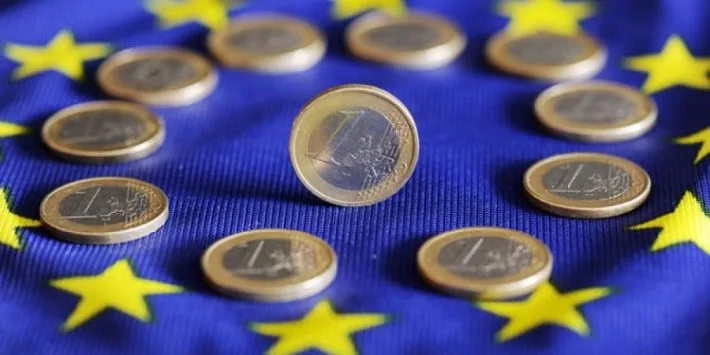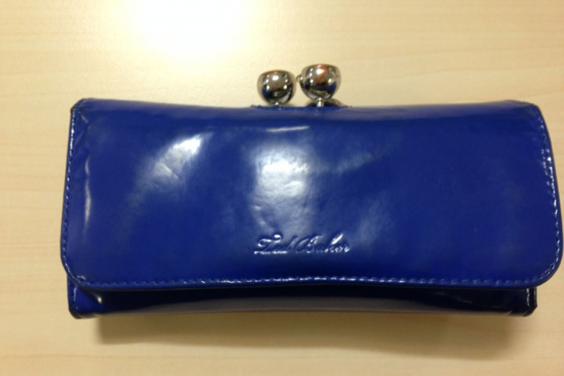New names so far: 15 persons and 18 entities were added to the EU black list of those sanctioned because of the Ukrainian crisis. In the meantime, the works on the true turn of events are going on, aiming to the “phase three” of the measures taken by the Union: long-term sanctions which have been delayed for long and that, according to the proposal made by the European Commission to Member States, are targeted to hit Russian banks hard, to make weapons embargoed and to stop the export of “sensible technologies” useful for the development of key areas of Russian economy – energy included.
The Coreper (Permanent Representative Committee at the European Union) has widened the black list of sanctioned entities and persons, which so far was composed of 72 persons, according to “strengthened criteria” adopted by the Foreign Affairs Council lately. The new names (15 persons, 9 enterprises and 9 institutions) will be known after their publication on the Official Journal “in the evening of July 25” as announced. It is just a first step of the new, stronger approach that Member States decided to take against Russia after the tragedy of the Malaysia Airlines, shot down in Ukraine, in which 298 civilians died-
The works will proceed on two different paths: the first is the fastest – a further widening of the list of sanctioned, to include oligarchs and persons belonging to the closest area of collaborators of the Russian President, Vladimir Putin. The conclusions drafted by the chiefs of European diplomacy defined them as “individuals or companies who actively benefit from support of the Russian decision makers responsible for the annexation of Crimea or the destabilisation of eastern Ukraine.” In order to hit them, ambassadors have already widened the basis for sanctions, while names will be announced later; the phase will still conducted by Coreper. The thing taking more time and a new political approval by Member States will be the true change: the new wave of sanctions targeted to Russian economic interests.
Ambassadors have started the negotiations of a “package of further significant restrictive measures,” requested by the Foreign Affairs Council on the basis of the proposal made by the European Commission. Ideally, the Commission would hit hard especially Russian banks. One of the measures should be the ban for European citizens and companies of purchasing shares and other financial tools with a duration longer than 90 days, issued by Russian financial institutions owned by Russian state for over 50% of their shares. These tools, according to the Commission, shouldn’t be purchased neither on the primary nor on the secondary market.
The EU executive branch has also suggested to proceed with an embargo on weapons, in spite of the fact that in this sector the EU imports are remarkably higher than the exports (at least in economic terms). The EU28 imports amount to 3.2 billion euro, while our exports towards Moscow amounts to about 300 million euro. Export patents concern Member States, but the commission could introduce harmonisation criteria. In any case, political decisions concern Member States, which could for instance decide to introduce safeguarding clauses for contracts signed before a certain date, to be applied to both import and export. The most sceptic State could be France, which has an order for two warships to be sold to Moscow, still confirmed notwithstanding the political situation.
According to the Commission, it would be also possible to consider a stop to the exports towards Russia of “dual use” technologies, that is products generally used for civil scopes but that could have also military applications, for instance special materials, computers or high-performance electronic equipment. The Commission has also suggested to block the sale of EU “sensible technologies” to Russia, given that they are useful for developing some of their most competitive sectors, such as energy and steel production.
This is just a proposal to be considered, the political approval must be given by Member States: this is why an extraordinary meeting of Foreign Affairs Meeting or even a Summit of Heads of State or Government should be called in the next days. For sure it will be necessary to negotiate about it for hours, in order to have a package of economic sanctions able to distribute fairly the inevitable economic fallouts on European companies of the economic sanctions against Russia. Decisions must be taken unanimously, yet it seems that no Member State, failing an adequate response to the request of de-escalating the situation, could oppose the idea of sanctioning Moscow from an economic point of view. They just need to reach an agreement on the way of doing it.



![La bandiera della Regione Lombardia [foto: Wikimedia Commons]](https://www.eunews.it/wp-content/uploads/2022/09/lombardia.png.webp)







![Il presidente della Repubblica, Sergio Mattarella (sinistra), con il presidente del Consiglio Europeo, Antonio Costa [Bruxelles, 20 maggio 2025. Foto: Quirinale]](https://www.eunews.it/wp-content/uploads/2025/05/mattarella-costa-120x86.jpeg)

